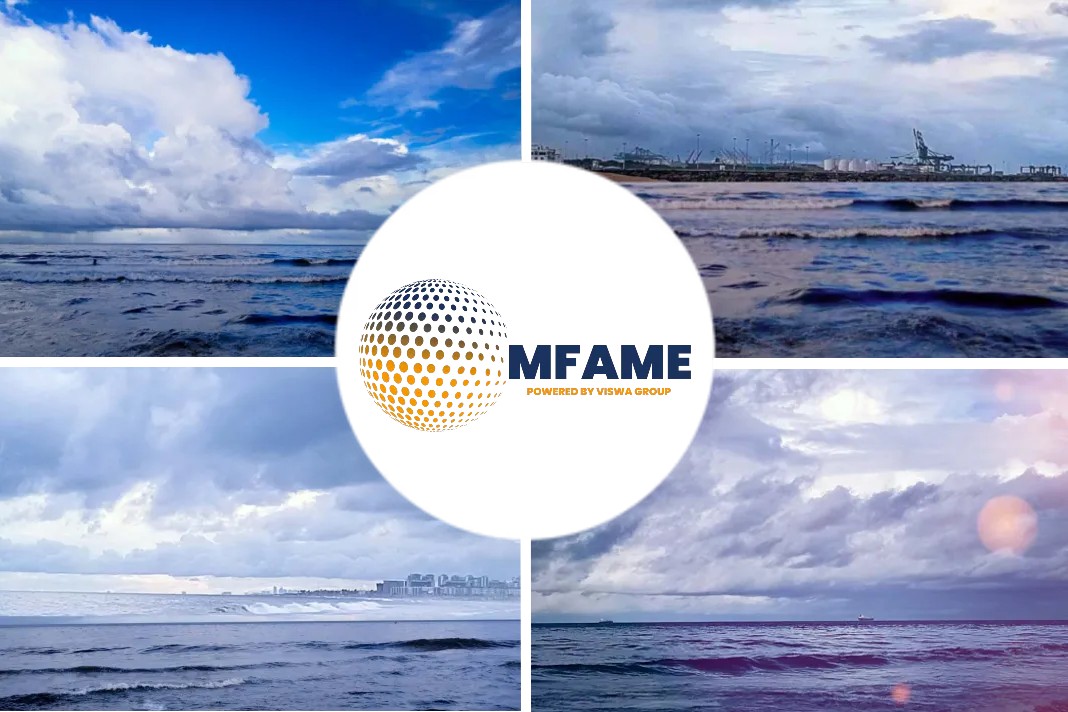The 8th session of IMO’s Sub-Committee on Pollution Prevention and Response (PPR 8) took place virtually on 22-26 March 2021.
Below is an overview of the key outcome of the meeting published by Lloyd’s Register on their website.
Amendments to the IBC Code
Among others, the meeting approved amendments to the IBC Code, and progressed discussions on the development of a standard for the verification of ballast water compliance monitoring devices.
Key outcome of the meeting
- Evaluation of safety and pollution hazards of chemicals and preparation of consequential amendments to the IBC Code, as well as routine ongoing updates. This session discussed and agreed to a generic entry for “Palm oil mill effluent (POME) technical oil” be included in List 1 of the draft MEPC.2/Circular and subsequently in chapter 17 of the IBC Code.
- Development of a standard for the verification of ballast water compliance monitoring devices (CMDs). Discussions over the development of a standard for verification of ballast water compliance monitoring systems moved forward and the proposals by member States and NGOs were reviewed. The intention is that the revised protocol can be used to verify the performance of CMDs, which may be used during commissioning testing, data gathering during the experience-building phase, compliance testing by PSC or self-monitoring. A correspondence group on Development of a Protocol for Verification of Ballast Water Compliance Monitoring Devices has been set up, to prepare an updated draft protocol for verification of ballast water compliance monitoring devices.
- Revision of MARPOL Annex IV and associated guidelines to introduce provisions for record-keeping and measures to confirm the lifetime performance of sewage treatment plants is underway, with this session of PPR reviewing the report of the correspondence group (CG) which presented, among other outputs, a new draft of the associated guidelines (amending 2012 Guidelines on implementation of effluent standards and performance tests for sewage treatment plants (resolution MEPC.227(64))). PPR 8 has agreed for the continuation of the CG (with the additional flexibility for the coordinators to convene virtual meetings in addition to the work by correspondence) and has requested MEPC 76 to allow an extension of the target completion year for the output to 2023.
- The impact on the Arctic of Black Carbon emissions from international shipping: With the industry’s increased experience and test results indicating that the nature of VLSFO tends to be more paraffinic in nature, this long-standing discussion is being further progressed with a view to developing possible control measures for Black Carbon emissions from international shipping. The sub-committee has sought an extension from MEPC 76 for the discussions to continue on this topic.
- Development of measures to reduce risks of use and carriage of HFO as fuel by ships in Arctic waters: The sub-committee decided to go with the version of the draft guidelines with the responsibilities of Maritime Administrator and Ship Operator restructured into separate sections. The sub-committee is expected to finalize the draft guidelines at PPR 9, upon receiving the review of the relevant sections from the other sub-committees. Also, PPR 9 is expected to set up a drafting group for review of the draft guidelines, with the intent of subsequent approval by MEPC. The sub-committee has requested MEPC 76 to extend the target completion year for this output to 2022.
Did you subscribe to our daily newsletter?
It’s Free! Click here to Subscribe!
Source: LR



















